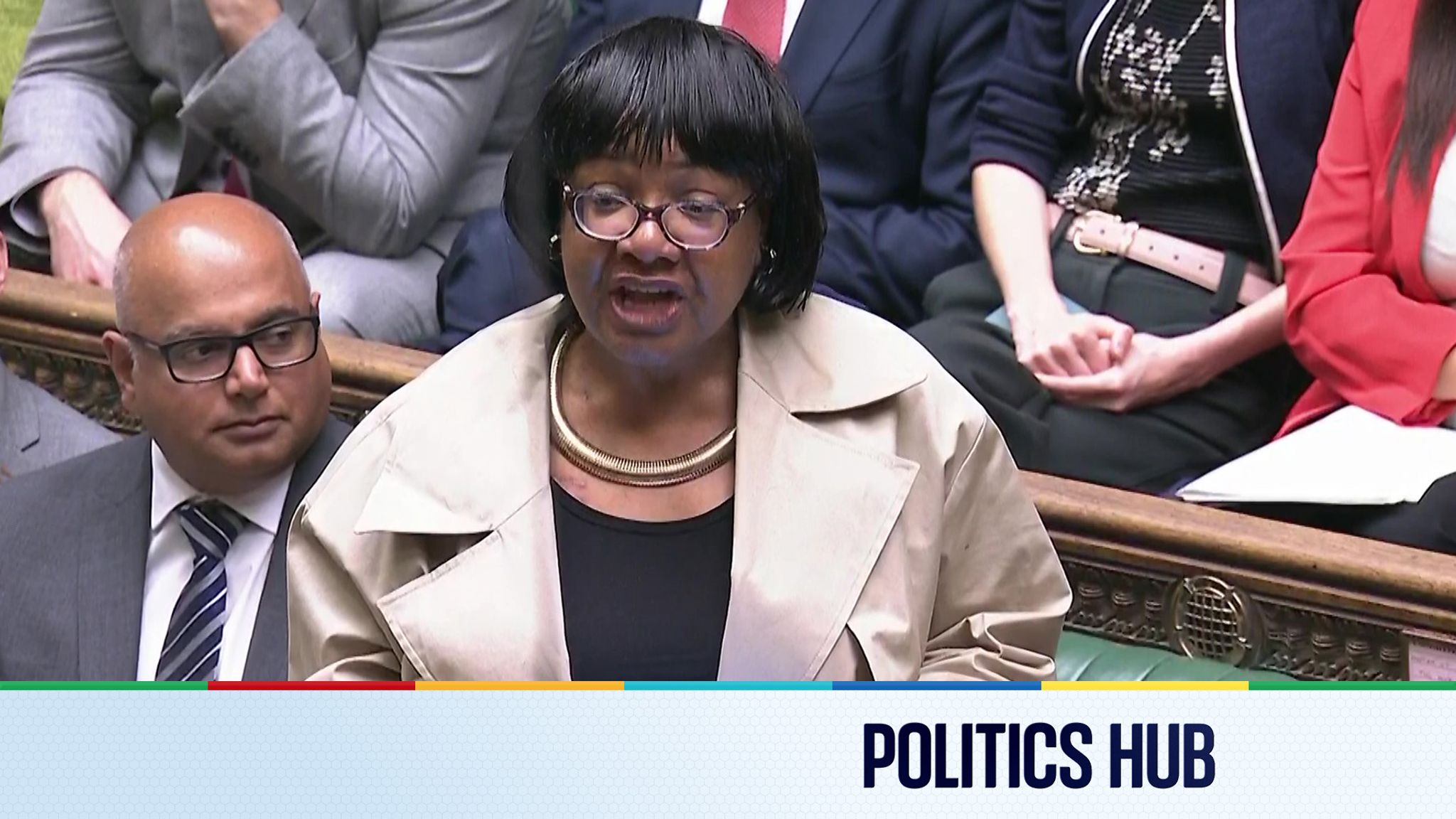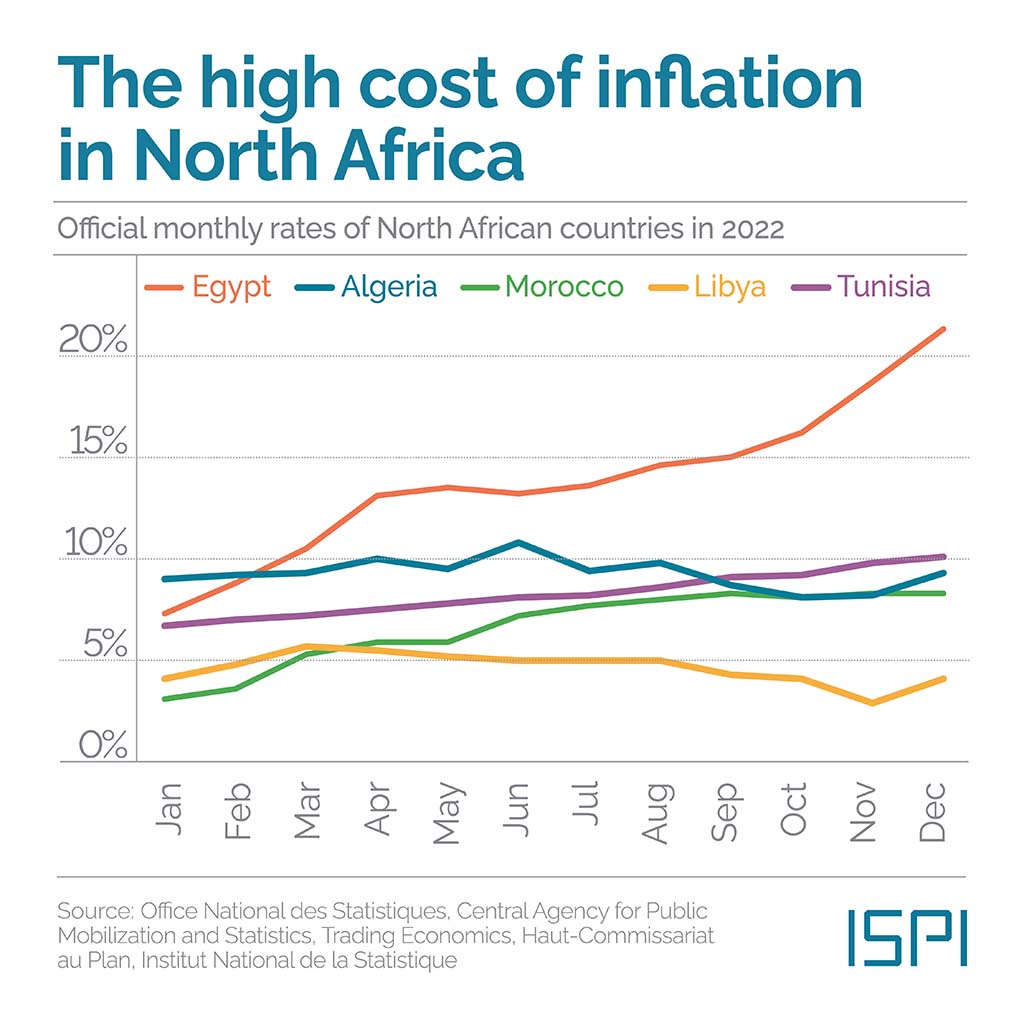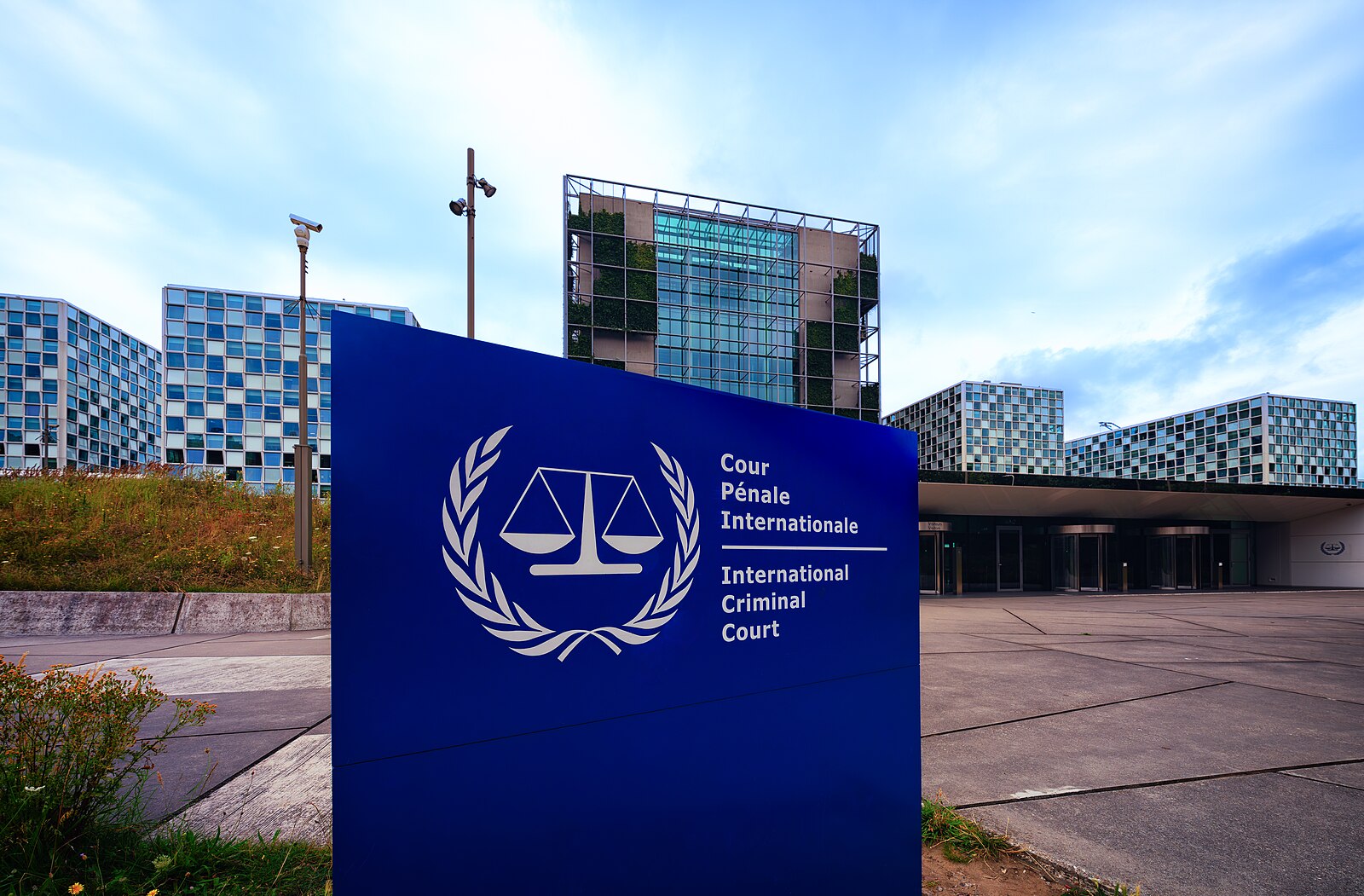Report on UK Labour Party Disciplinary Actions and Sustainable Development Goal Implications
Executive Summary
This report details recent disciplinary actions within the UK Labour Party, primarily the suspension of Member of Parliament (MP) Diane Abbott. These events are analyzed through the framework of the United Nations Sustainable Development Goals (SDGs), with a particular focus on SDG 10 (Reduced Inequalities), SDG 16 (Peace, Justice and Strong Institutions), and SDG 5 (Gender Equality). The actions taken by the party leadership highlight significant challenges in navigating complex issues of discrimination and maintaining inclusive and accountable political institutions, both of which are central to the 2030 Agenda for Sustainable Development.
Analysis of Political Developments and Impact on Sustainable Development Goals
Suspension of MP Diane Abbott and Implications for SDG 10 (Reduced Inequalities)
The suspension of MP Diane Abbott stems from remarks that draw a distinction between different forms of discrimination. This incident directly engages with the core principles of SDG 10, which calls for the reduction of inequality within and among countries by promoting the inclusion of all, irrespective of race, ethnicity, or religion.
- Initial Incident: In a 2023 letter, Ms. Abbott suggested that while Jewish, Irish, and Traveller people experience prejudice, this is distinct from the racism experienced by people of colour “all their lives.”
- Recent Developments: Ms. Abbott was suspended for a second time after defending these remarks in a recent interview, stating they were “factually correct.” She argued that racism based on skin colour is visibly different from other forms of prejudice.
- Connection to SDG 10: The controversy underscores the complexities of addressing Target 10.3, which aims to “ensure equal opportunity and reduce inequalities of outcome, including by eliminating discriminatory laws, policies and practices.” The internal party conflict over the definition and hierarchy of racism demonstrates the profound challenges political institutions face in creating a unified and effective strategy to combat all forms of discrimination, a foundational requirement for achieving reduced inequalities.
Party Discipline and the Integrity of Political Institutions (SDG 16)
The suspension of Ms. Abbott, along with four other Labour MPs for voting against the party line, raises critical questions related to SDG 16, which seeks to “build effective, accountable and inclusive institutions at all levels.” The leadership’s approach to party discipline is central to this analysis.
- Leadership’s Stance: Party leader Keir Starmer justified the suspensions as necessary to maintain discipline and deliver on the party’s reform agenda, stating he would not be “deflected” from his mission. This reflects an effort to build an effective governing institution.
- Dissenting Views: Critics within the party, including Ms. Abbott and MP John McDonnell, have framed these actions as “silencing dissent.” This raises concerns about the inclusivity and responsiveness of the party as a political institution, aligning with Target 16.7 to “ensure responsive, inclusive, participatory and representative decision-making.”
- Impact on Institutional Integrity: The tension between party cohesion and the freedom of MPs to represent constituent or personal concerns is a key challenge for democratic institutions. These disciplinary measures highlight the ongoing struggle to balance effectiveness with inclusivity, a core tenet of SDG 16.
Intersectional Perspectives and SDG 5 (Gender Equality)
The case of Diane Abbott, the first black woman elected to the UK Parliament and the longest-serving female MP, provides an important perspective on SDG 5 (Gender Equality), particularly in the context of intersectionality.
- Prominent Figure: Ms. Abbott’s unique position as a senior black female politician places her experiences at the intersection of race and gender, key dimensions of inequality that SDG 5 aims to eliminate.
- Challenges to Female Leadership: The disciplinary process and public debate surrounding her can be viewed through the lens of Target 5.5, which calls for “women’s full and effective participation and equal opportunities for leadership at all levels of political… life.” The controversy illustrates the distinct pressures and scrutiny faced by women, especially women of colour, in prominent political roles.
- Institutional Response: The party’s handling of the situation is a case study in how political institutions respond to high-profile female leaders who challenge established norms, impacting the broader goal of achieving genuine gender equality in public life.
Analysis of Sustainable Development Goals (SDGs) in the Article
1. Which SDGs are addressed or connected to the issues highlighted in the article?
- SDG 10: Reduced Inequalities: The core of the article revolves around Diane Abbott’s comments on racism and prejudice. The distinction she makes between racism experienced by people of colour and prejudice faced by “Jewish people, Irish people and Travellers” directly engages with the theme of inequality based on race, colour, and ethnicity. The article discusses different forms of discrimination, which is a central concern of SDG 10.
- SDG 16: Peace, Justice and Strong Institutions: The article details the internal disciplinary actions of a major political party, the Labour party. The suspension of Diane Abbott and four other MPs for their comments or for “repeatedly breaking the whip” relates to the functioning, accountability, and discipline of political institutions. The discussion about “silencing dissent” versus the need for party discipline to govern effectively touches on the nature of responsive and effective institutions.
- SDG 5: Gender Equality: The article highlights Diane Abbott’s identity as the “first black woman elected to parliament” and the “longest-serving female MP in the Commons.” This points to the issue of women’s participation and representation in political life, which is a key component of SDG 5.
2. What specific targets under those SDGs can be identified based on the article’s content?
- Target 10.2: “By 2030, empower and promote the social, economic and political inclusion of all, irrespective of age, sex, disability, race, colour, ethnicity, origin, religion or economic or other status.” The entire debate initiated by Abbott’s remarks on racism against people of colour and prejudice against Jewish, Irish, and Traveller communities is directly related to promoting inclusion and fighting discrimination based on race, ethnicity, and religion.
- Target 10.3: “Ensure equal opportunity and reduce inequalities of outcome, including by eliminating discriminatory laws, policies and practices.” The Labour party’s investigation into Abbott’s comments, which were deemed “antisemitic” by the party leader, is an example of an institution’s policy and practice for dealing with perceived discriminatory remarks.
- Target 5.5: “Ensure women’s full and effective participation and equal opportunities for leadership at all levels of decision-making in political, economic and public life.” The article’s reference to Diane Abbott as the “first black woman elected to parliament” and the “longest-serving female MP” underscores the theme of women’s participation and leadership in the political sphere.
- Target 16.7: “Ensure responsive, inclusive, participatory and representative decision-making at all levels.” The suspension of MPs for voting against the government and Abbott’s comment that “Silencing dissent is not leadership. It’s control” highlight a conflict over how inclusive and participatory the party’s decision-making process is for its own backbenchers.
- Target 16.b: “Promote and enforce non-discriminatory laws and policies for sustainable development.” The party’s action to suspend Abbott over comments deemed antisemitic is a form of enforcing its internal policies against discrimination. The broader debate reflects societal efforts to define and enforce norms against racism and prejudice.
3. Are there any indicators mentioned or implied in the article that can be used to measure progress towards the identified targets?
- Implied Indicator for Target 10.2/16.b: The article implies the existence of discrimination through Diane Abbott’s statement that people of colour experience racism “all their lives” and that other groups like “Irish, Jewish and Traveller people undoubtedly experience prejudice.” This relates to indicators that measure self-reported experiences of discrimination (e.g., Indicator 16.b.1: Proportion of population reporting having personally felt discriminated against).
- Implied Indicator for Target 5.5: The mention of Diane Abbott as the “longest-serving female MP” and the “first black woman elected to parliament” points toward the measurement of women’s presence in politics. This is a qualitative reference to what is measured by Indicator 5.5.1 (“Proportion of seats held by women in national parliaments”).
- Qualitative Indicator for Target 16.7: The article provides qualitative evidence of institutional responsiveness. The actions of “suspending the whip from four Labour MPs who repeatedly voted against the government” and the subsequent backlash from figures like John McDonnell and Rachael Maskell serve as indicators of the level of participatory and inclusive decision-making within the political party.
SDGs, Targets, and Indicators Table
| SDGs | Targets | Indicators (Mentioned or Implied in the Article) |
|---|---|---|
| SDG 10: Reduced Inequalities |
10.2: Promote social, economic and political inclusion of all, irrespective of race, colour, ethnicity, etc.
10.3: Ensure equal opportunity and reduce inequalities of outcome. |
Implied through the discussion of racism experienced “all their lives” by people of colour and “prejudice” experienced by Jewish, Irish, and Traveller people. |
| SDG 5: Gender Equality | 5.5: Ensure women’s full and effective participation and equal opportunities for leadership in political life. | Implied by identifying Diane Abbott as the “first black woman elected to parliament” and the “longest-serving female MP,” which relates to the proportion of seats held by women in parliament (Indicator 5.5.1). |
| SDG 16: Peace, Justice and Strong Institutions |
16.7: Ensure responsive, inclusive, participatory and representative decision-making.
16.b: Promote and enforce non-discriminatory laws and policies. |
Qualitative indicators such as the suspension of MPs for dissent (“silencing dissent”), and the party’s investigation into “antisemitic” remarks as an enforcement of non-discriminatory policy. |
Source: theguardian.com







